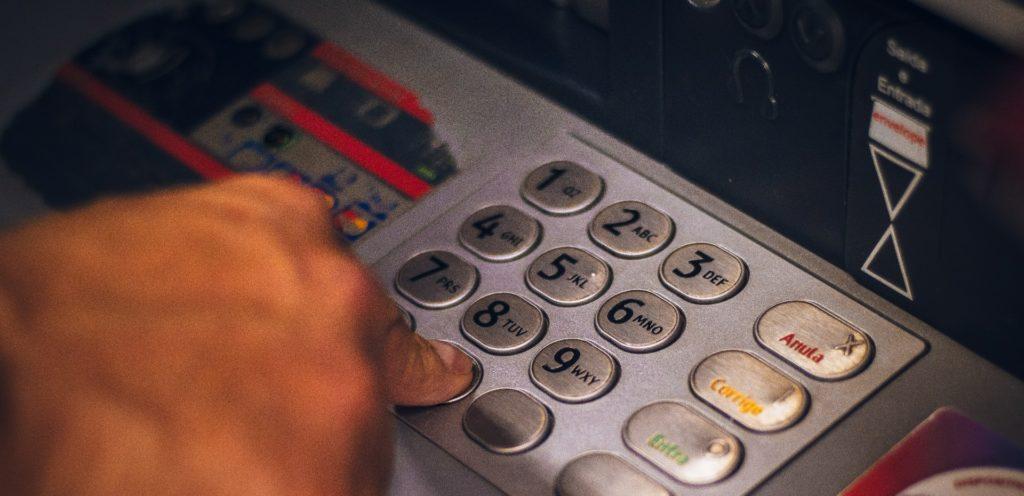A Common Relationship Question is, “Should We Have Joint Or Separate Accounts?” Let’s Dive In!
One of the primary and sometimes conflictual decisions that a couple will make is whether to combine their assets or continue to manage them separately. Traditionally, married couples have been expected to combine their assets and have a joint checking account. It is seen as a sign of trust and commitment to do so and a sign of mistrust and reservation to commit fully not to do so.
If, as is the case for many, there has been an ugly divorce in the past of one or both partners, this can cause the couple to be more protective of their assets. In addition, since couples are marrying at increasingly older ages now, they are more likely to have substantial assets, income, and even debt that they bring to the union. For these reasons, having separate accounts is the choice of many couples. But is this the best choice for the relationship?
of their assets. In addition, since couples are marrying at increasingly older ages now, they are more likely to have substantial assets, income, and even debt that they bring to the union. For these reasons, having separate accounts is the choice of many couples. But is this the best choice for the relationship?
PROS AND CONS FOR JOINT ACCOUNTS
PROS
- Trust and Transparency. Shared accounts encourage and promote communication and trust. Couples who manage their money jointly have to be more open about what they want, what they need, their worries, and their goals. Both persons can easily view and access financial information and see what is being spent and where it is being spent. Full financial disclosure and agreement about money will build a stronger and more harmonious relationship.
- Having one bank account allows each partner access to the money when they need it. Usually, each person has a debit card, a checkbook, and the ability to deposit and withdraw funds. In addition, most banks provide online services with information and tools that can simplify paying bills and other financial tasks.
- Accurate Picture of Finances. It is easier to budget when you have a clear picture of the family’s overall finances. Too many bank accounts can cloud your ability to track spending and identify areas where the budget could be improved.
- Expedition of Legal Matters. Some legal affairs are expedited with joint bank accounts. If the account has the “right of survivorship, “for instance, upon the death of one partner, the other partner will retain access to the funds without having to refer to a will or go through the legal system to access the money.
- A Second Set of Eyes. If both partners monitor the finances, mistakes are more likely to be caught sooner. It is more difficult to miss account activity and easier to balance the checkbook.
CONS FOR JOINT ACCOUNTS
- Discourage Autonomy. Separate accounts promote a sense of autonomy. Some may feel that sharing control of the finances with a spouse is giving up too much of their financial independence. This could be true if two people get married after establishing their own separate careers and having built up their own assets.
- If one enters the relationship with fewer assets than the other, or if one earns significantly more than the other, resentment may build over “whose money it is.” Unless there is a policy of “equal participation” instead of “equal amount,” there could be contention and destruction of the harmony between partners.
- Closed Communication. If partners are not communicating and only learn about
expenditures when they check the account balance, this could lead to disagreements and conflict.Lack of communication will also lead to a lack of trust.
- Outstanding Debt. Problems can arise when one partner has outstanding debt such as credit card debt, student loan debt, or even child support. Creditors can attempt to collect the debt from a joint bank account even if only one of the account holders owes the money.
- Messy Breakup. A joint account can also create problems if the relationship ends with hostility from one or both partners. One partner can withdraw all the funds and leave the other partner penniless. Separate bank accounts circumvent this scenario and can provide an easier break without a long fight to separate the finances.
A SUGGESTED PLAN
So, which do you believe is best for your relationship? A suggestion would be for every couple to have four bank accounts to benefit from both joint and separate accounts.
- Joint Checking Account #1. This account is for paying the bills and running the household. Both partners have access to the funds and can deposit, withdraw and make payments from the account.
- Joint Checking Account #2. This is an account for emergencies, charitable giving, Christmas, vacations, etc.
- Separate Account #1. This is a separate account of one partner. Both partners agree upon the amount to be deposited into it. Only they have access to it, however. They may spend it or save it however they like.
- Separate Account #2. The same as Separate Account #1, only for the other partner.
Disputes over money can be the most heated and divisive of all disagreements in a relationship. However, with good communication, transparency, and full disclosure of your finances to one another, you can devise a plan and system that works for you. One word of caution: Financial secrets, when discovered, will torpedo your relationship. It is better to disclose the secret now than wait for your partner to discover it. They will be left wondering, “What else is he/she lying about?”
You want to get on the same page in your finances. That will require having some financial discussions. Maintaining joint or separate accounts is just the beginning. Have those conversations and don’t avoid them.


